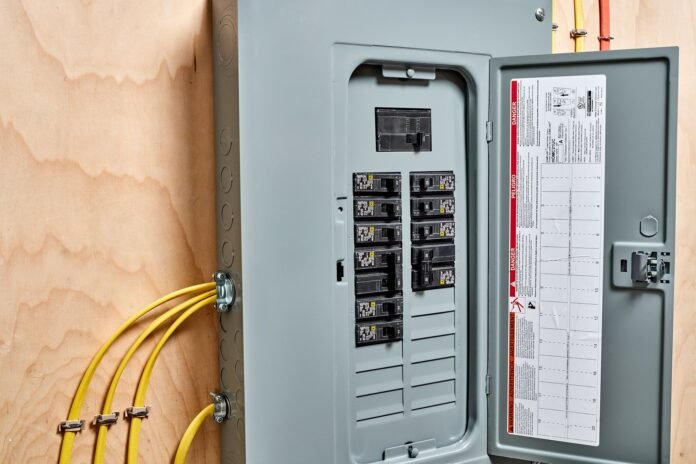A breaker box, also known as an electrical panel or distribution board, is a critical component of any home or building’s electrical system. Its primary function is to distribute electricity safely and efficiently to the various circuits throughout the structure. While breaker boxes are designed to operate silently, they can sometimes emit noises that indicate underlying issues. In this article, we’ll explore why breaker boxes shouldn’t make noise, the potential causes of these noises, and how to address them.
Why Shouldn’t Breaker Boxes Make Noise?
A properly functioning breaker box should operate silently. Noise from a breaker box can indicate several problems, ranging from minor issues to serious electrical concerns. Ignoring these noises can lead to electrical hazards, including fires, electrocution, and damage to appliances and electronics.
Common Causes of Noisy Breaker Boxes
Loose Wiring: One of the most common causes of a noisy breaker box is loose wiring. When wires are not securely connected to the terminals, they can vibrate, causing a buzzing or humming sound. Loose wiring can also lead to arcing, which can be dangerous and should be addressed immediately.
Overloaded Circuit: Another common cause of noise in a breaker box is an overloaded circuit. When too many devices are connected to a single circuit, it can cause the breaker to trip repeatedly, leading to a clicking or popping sound. This indicates that the breaker is shutting off to prevent overheating and potential fires.
Faulty Breaker: A faulty breaker can also cause noise in a breaker box. If the breaker is damaged or worn out, it may not operate properly, leading to buzzing, humming, or clicking sounds. In some cases, a faulty breaker may fail to trip when overloaded, increasing the risk of electrical hazards.
Corrosion: Corrosion on the breaker box’s components, such as the circuit breakers or terminals, can also cause noise. Corrosion can interfere with the electrical connections, leading to increased resistance and potential arcing, which can produce buzzing or crackling sounds.
Water Damage: Water infiltration into the breaker box can cause various issues, including corrosion, short circuits, and electrical shocks. Water can also create a buzzing or sizzling sound when it comes into contact with electrical components.
How to Address Noisy Breaker Boxes
Tighten Loose Connections: If you hear buzzing or humming sounds coming from your breaker box, check for loose wiring and tighten any connections using a screwdriver. Be sure to turn off the power to the breaker box before attempting any repairs.
Reduce Electrical Load: If your breaker box is making clicking or popping sounds, it may be overloaded. Reduce the electrical load on the circuit by unplugging devices or using them on a different circuit.
Replace Faulty Breakers: If you suspect a faulty breaker is causing the noise, it may need to be replaced. Consult a licensed electrician to safely replace the breaker and ensure that it is compatible with your electrical system.
Inspect for Corrosion: Regularly inspect your breaker box for signs of corrosion and address any issues promptly. Clean the affected components with a wire brush and apply a corrosion inhibitor to prevent further corrosion.
Address Water Damage: If your breaker box has been exposed to water, it is essential to address the issue immediately. Disconnect the power to the breaker box and have it inspected by a professional electrician to ensure it is safe to use.
In conclusion, a breaker box should not make noise under normal circumstances. If you hear buzzing, humming, clicking, or popping sounds coming from your breaker box, it is essential to investigate the issue promptly to prevent electrical hazards. Addressing loose wiring, overloading, faulty breakers, corrosion, and water damage can help ensure the safe and efficient operation of your electrical system. If you are unsure how to address the issue or feel uncomfortable working with electricity, always consult a licensed electrician for assistance.


